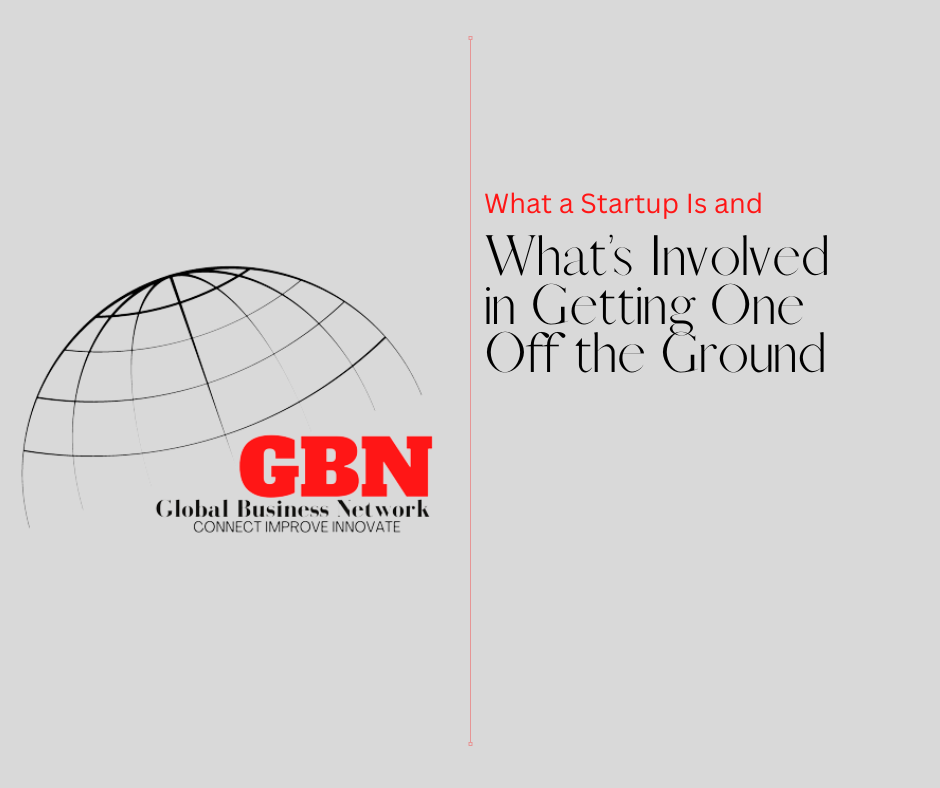
What Is a Startup?
A startup is a newly established business venture typically characterized by its focus on innovative products or services, high growth potential, and a scalable business model. Unlike traditional small businesses, startups often aim to disrupt industries, leveraging technology and novel solutions to solve problems in unique ways.
Understanding Startups
Startups often begin with an idea that addresses a specific pain point or market gap. Founders, driven by a vision to make a significant impact, embark on a journey that involves building a viable product, securing funding, and scaling the business. The startup ecosystem is dynamic, with numerous stages, from ideation to growth and, ultimately, to exit through acquisition or IPO.
Special Considerations
Launching a startup involves several key considerations:
- Market Research: Understanding the target market, identifying customer needs, and analyzing competitors are crucial steps in validating the business idea.
- Business Plan: A detailed business plan outlines the startup’s vision, mission, goals, revenue model, marketing strategy, and financial projections.
- Funding: Startups often require external funding to grow. This can come from personal savings, friends and family, angel investors, venture capitalists, or crowdfunding.
- Team Building: Assembling a talented and dedicated team is essential for executing the business plan and driving growth.
- Legal Structure: Choosing the right legal structure (e.g., LLC, C-Corp, S-Corp) impacts taxes, liability, and operational flexibility.
- Product Development: Developing a minimum viable product (MVP) to test and validate the market is a common approach before scaling up.
- Marketing and Sales: Effective marketing and sales strategies are vital for customer acquisition and retention.
Advantages and Disadvantages of Startups
Advantages
- Innovation: Startups often lead the way in technological and business model innovation.
- Flexibility: Smaller teams and fewer bureaucratic processes allow for quicker decision-making and adaptability.
- Growth Potential: Successful startups can experience exponential growth and significant financial returns.
- Impact: Startups can create meaningful changes and improvements in their respective industries and communities.
Disadvantages
- Risk: High failure rates and financial risks are inherent in startups.
- Resource Constraints: Limited initial funding can restrict growth and development.
- Workload: Long hours and high stress are common, particularly in the early stages.
- Market Uncertainty: Rapid changes in market conditions can pose challenges.
How Do You Start a Startup Company?
Starting a startup involves several steps:
- Ideation: Generate and refine your business idea.
- Research: Conduct thorough market research to validate your idea.
- Business Plan: Develop a comprehensive business plan.
- Legal Setup: Choose a legal structure and register your business.
- Funding: Secure initial funding through various channels.
- MVP Development: Create a minimum viable product.
- Launch: Introduce your product or service to the market.
- Scaling: Focus on growth through marketing, sales, and additional funding rounds.
How Do You Get a Startup Business Loan?
Obtaining a startup business loan can be challenging but is possible through various avenues:
- Traditional Banks: Some banks offer loans specifically for startups, though they often require a solid business plan and collateral.
- Online Lenders: Fintech companies provide more accessible loan options with faster approval processes.
- SBA Loans: The Small Business Administration offers loans with favorable terms for startups.
- Microloans: Small loans from nonprofit organizations can help with initial funding needs.
- Investors: Angel investors and venture capitalists may provide funds in exchange for equity.
What Are the Benefits of Working for a Startup?
- Growth Opportunities: Employees often experience rapid career growth and learning.
- Impact: The chance to make a significant impact on the company and its direction.
- Culture: Startups typically have dynamic, collaborative, and innovative work environments.
- Equity: Potential for stock options or equity, leading to financial rewards if the startup succeeds.
How Do You Value a Startup Company?
Valuing a startup involves considering several factors:
- Market Potential: Size and growth potential of the target market.
- Revenue Projections: Forecasted revenue and profitability.
- Comparable Companies: Valuations of similar startups in the industry.
- Traction: Evidence of customer interest and market demand.
- Team: Expertise and track record of the founding team.
- Funding Rounds: Valuations set during previous funding rounds.
The Bottom Line
Startups play a crucial role in driving innovation, job creation, and economic growth. As the founder of BAB Group of Companies, Dr. Bilal Ahmad Bhat believes that fostering startup ecosystems is vital for future prosperity. While starting a startup involves significant challenges, the potential rewards in terms of financial gain, personal growth, and societal impact make it a compelling endeavor for aspiring entrepreneurs.





